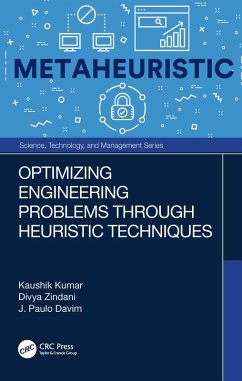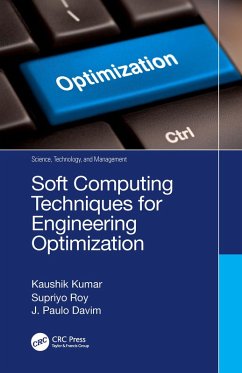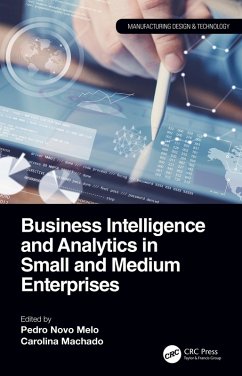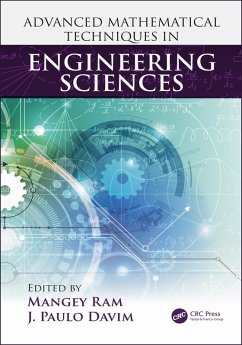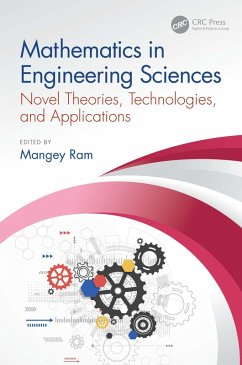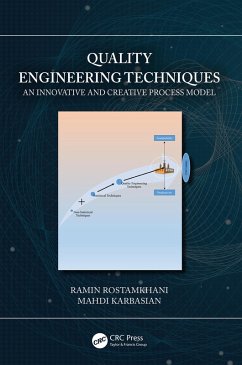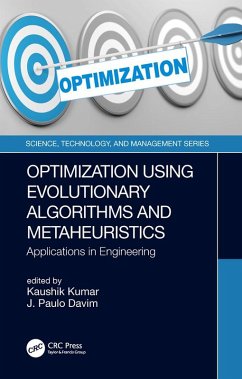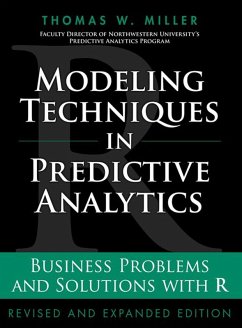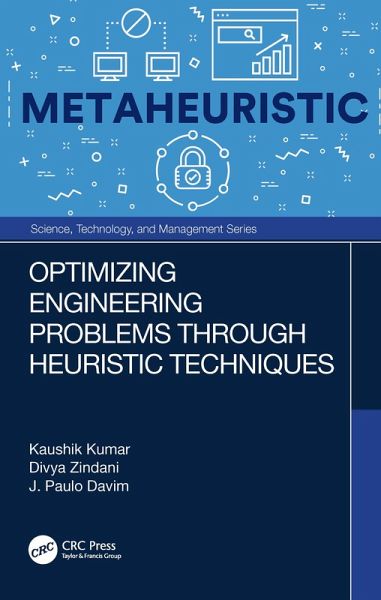
Optimizing Engineering Problems through Heuristic Techniques (eBook, PDF)
Versandkostenfrei!
Sofort per Download lieferbar
48,95 €
inkl. MwSt.
Weitere Ausgaben:

PAYBACK Punkte
24 °P sammeln!
This book will cover heuristic optimization techniques and applications in engineering problems. The book will be divided into three sections that will provide coverage of the techniques, which can be employed by engineers, researchers, and manufacturing industries, to improve their productivity with the sole motive of socio-economic development. This will be the first book in the category of heuristic techniques with relevance to engineering problems and achieving optimal solutions.Features Explains the concept of optimization and the relevance of using heuristic techniques for optimal soluti...
This book will cover heuristic optimization techniques and applications in engineering problems. The book will be divided into three sections that will provide coverage of the techniques, which can be employed by engineers, researchers, and manufacturing industries, to improve their productivity with the sole motive of socio-economic development. This will be the first book in the category of heuristic techniques with relevance to engineering problems and achieving optimal solutions.
Features
Features
- Explains the concept of optimization and the relevance of using heuristic techniques for optimal solutions in engineering problems
- Illustrates the various heuristics techniques
- Describes evolutionary heuristic techniques like genetic algorithm and particle swarm optimization
- Contains natural based techniques like ant colony optimization, bee algorithm, firefly optimization, and cuckoo search
- Offers sample problems and their optimization, using various heuristic techniques
Dieser Download kann aus rechtlichen Gründen nur mit Rechnungsadresse in A, B, BG, CY, CZ, D, DK, EW, E, FIN, F, GR, HR, H, IRL, I, LT, L, LR, M, NL, PL, P, R, S, SLO, SK ausgeliefert werden.




